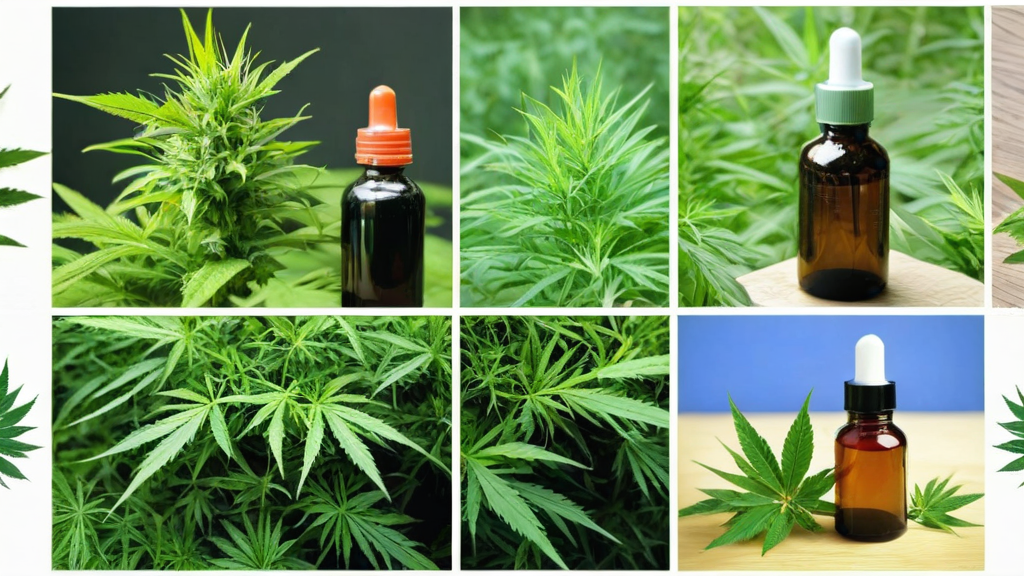Introduction to CBD
Cannabidiol, known as CBD, is one of the chemical components present in the cannabis plant. Unlike THC, CBD has no psychoactive effects and has become a topic of interest in the field of medicine and therapy.
Benefits of CBD
CBD has been shown to have several medical and therapeutic benefits. Among them are:
Treatment of neurodegenerative diseases
CBD has shown neuroprotective properties and may contribute to the protection and development of the nervous system and brain. Additionally, it has been used in the treatment of diseases related to neurodegeneration.
Reduction of anxiety and stress
CBD has anti-anxiety effects and can be effective in treating anxiety, stress and depression. Both in specific situations and in long-term treatments.
Psychosis treatment
CBD has proven to be effective in the treatment of psychosis, and has been used in the management of pathologies such as schizophrenia.
Pain and inflammation relief
CBD has anti-inflammatory properties and can be effective in treating injuries and relieving pain. Products such as CBD creams have been developed for external use.
Differences between CBD and THC
It is important to understand the difference between CBD and THC. While THC has psychoactive effects and stimulates appetite, CBD counteracts these effects and has relaxing, anti-inflammatory and neuroprotective properties.
Legal status of CBD
Currently, the use of CBD is legal in several countries, including the United States, Argentina, Brazil, Canada, Chile, Colombia, Spain and the United Kingdom, among others.
Conclusions
CBD is a promising component of the cannabis plant that has been shown to have medical and therapeutic benefits. Its use is under constant research and it is expected that its potential will continue to be discovered in the coming years.
